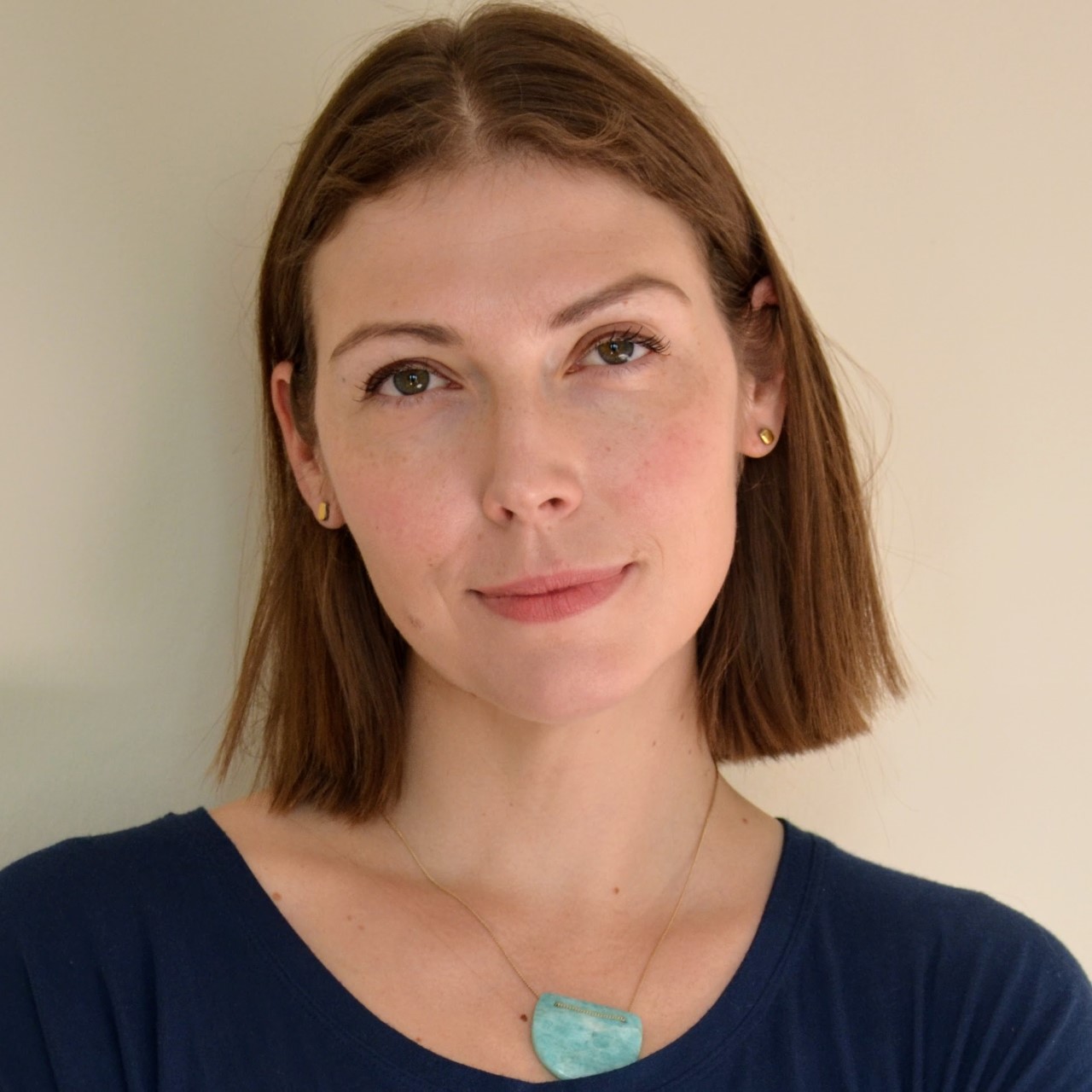
PhD, Sleep Scientist
Sofia Axelrod
Sofia Axelrod, PhD, is a sleep researcher in the laboratory of Michael W. Young, the winner of the 2017 Nobel Prize in Physiology or Medicine, at the Rockefeller University in New York. She studied in Germany at Eberhard-Karls-University in Tübingen and at Humboldt University in Berlin, where she earned her PhD in biology in 2012. Her passion for the science of sleep and her personal experience using this method with her children and friends has inspired her to share the How Babies Sleep method with a wider audience through her book and app. When she is not investigating the molecular basis of sleep or spends time with her family, she enjoys singing and performing classical music and Jazz. For more information on setting the right schedule for baby and other science-based tips and tricks, drop in for my weekly expert corner here on Cluster, check out my book HOW BABIES SLEEP, and follow me on Instagram @kulalaland.
SHARE

PhD, Sleep Scientist
Sofia Axelrod
Sofia Axelrod, PhD, is a sleep researcher in the laboratory of Michael W. Young, the winner of the 2017 Nobel Prize in Physiology or Medicine, at the Rockefeller University in New York. She studied in Germany at Eberhard-Karls-University in Tübingen and at Humboldt University in Berlin, where she earned her PhD in biology in 2012. Her passion for the science of sleep and her personal experience using this method with her children and friends has inspired her to share the How Babies Sleep method with a wider audience through her book and app. When she is not investigating the molecular basis of sleep or spends time with her family, she enjoys singing and performing classical music and Jazz. For more information on setting the right schedule for baby and other science-based tips and tricks, drop in for my weekly expert corner here on Cluster, check out my book HOW BABIES SLEEP, and follow me on Instagram @kulalaland.
SHARE
“"When my first baby was born, I started applying knowledge from being a sleep scientist to my baby’s sleep. Normal light suppresses the sleep hormone melatonin, so I only exposed my baby to red light at night. It worked not just for us, but for countless parents who I helped through my coaching and book HOW BABIES SLEEP."“
- Sofia Axelrod
- Sofia Axelrod
My Mission
Using cutting-edge science I am able to solve most sleep problems in an innovative and gentle way.
Checked In
VIEW ALL
Recent Posts
Tip
Tip